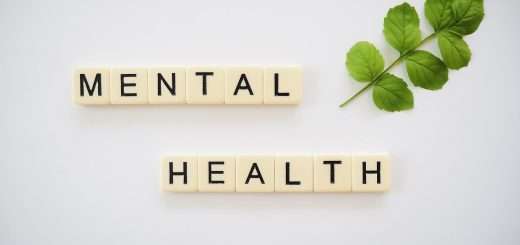“I learned to separate ‘me’ from the illness to manage the pain” (BBC Three)
Billie Dee, 28, from London has borderline personality disorder and complex post traumatic stress disorder.
I’ve struggled to regulate my moods for as long as I can remember. My emotions can be so extreme if they’re not constantly managed. I feel everything so strongly. If a friend doesn’t reply to my messages for a day, I’ll think they have abandoned me and I’ll become deeply depressed and dysfunctional. Equally, when I’m excited about a date or achieving something at work, I can get so manic that it frightens people. I live with continuous anxiety, always worrying what will trigger my mood swings.
My parents went through a deeply traumatic divorce when I was five. As a teenager, I would drink a lot of alcohol as a way to cope with my intense emotions. When I started to question whether I had a mental health condition, I talked to my family and friends about getting a diagnosis. But they were worried it would make my life difficult. As in, I wouldn’t be able to get a job and people would judge me. The shame prevented me from getting help. I ended up isolating myself and became trapped in a cycle of self-hate for a long time.
Then, in 2015, my long-term boyfriend and I broke up around the same time I got made redundant – and I hit rock bottom. I completely shut down: I couldn’t even get dressed, I would just wake up and cry all day. After two months of not leaving the house, and having horrific nightmares where I’d wake up screaming, I realised I needed help. I started seeing a private psychotherapist, which gave me support but it was so expensive, I had to stop the sessions.
Before I left, my therapist urged me to see a doctor but because I was drinking excessively, smoking weed and I had intrusive thoughts, I was terrified that I would get locked up in a psychiatric hospital against my will. It doesn’t happen like that in real life, but that irrational thinking meant I ignored the advice and convinced myself that I would get better on my own.
I didn’t. It got worse. Earlier this year, I was walking to work with voices in my head shouting that I was worthless. I felt like I didn’t want to live anymore, so I called the mental health crisis line right there on the street.
I had to prove that my drinking and drug use was under control before I was referred onto a mental health service or psychiatric hospital, and my GP wouldn’t prescribe medication until I had seen a psychiatrist, so I checked myself into a free drug and alcohol peer support group. Knowing I wasn’t alone was a massive boost to my self-worth. After attending meetings for three months, I was referred to the local psychiatric hospital.
When I first heard the words “borderline personality disorder” (BPD), I freaked out because it sounds horrendous – and it’s even worse when you first read about it.



